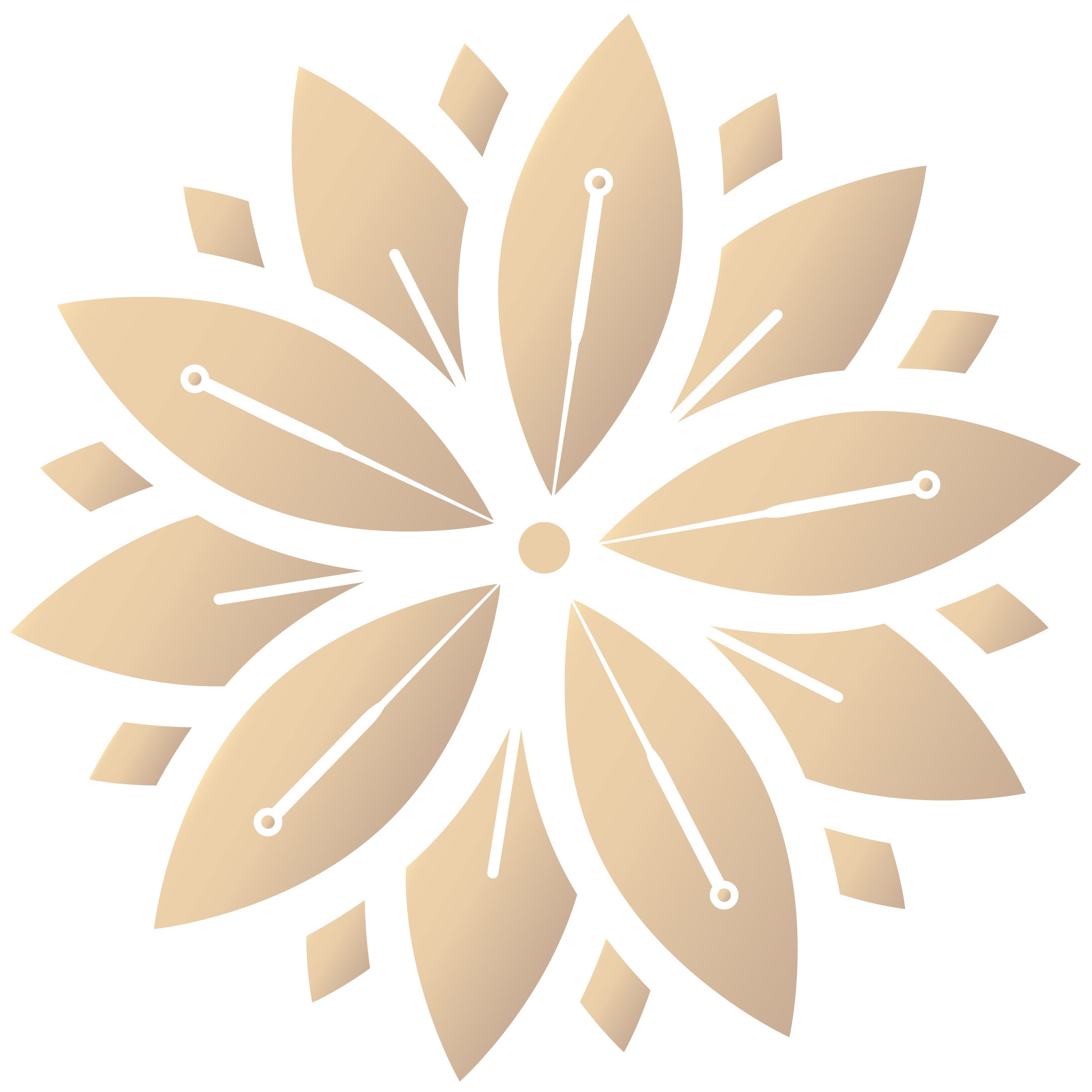
Acupuncture is one of the oldest forms of medical treatment and has been used in Asia, more specifically China, for more than 5,000 years. In recent decades, it has become more popular in the West, and acupuncture has gained general acceptance.
In fact, the World Health Organisation (WHO) has already recognised the effectiveness of this treatment and how it can alleviate the symptoms of various conditions ranging from infertility to mental health conditions like anxiety and depression.
Although acupuncture is not directly targeting the pathogen or disease, it adjusts and boosts the functions of our body to foster natural healing. The theory behind acupuncture is that our life energy or qi flow along many pathways on our body. These are commonly known as meridians, and if the flow is disrupted then it can cause disease.
History of acupuncture
Acupuncture is known to have originated in China, and it was first recorded and mentioned in various types of documents dating hundreds of years before the Common Era.
In fact, it was discovered that earlier acupuncture practices used sharpened long bones and stone instead of needles around 6000 BCE.
Scientific studies and their findings
National Centre for Complementary and Integrative Health funds research to evaluate the effectiveness of acupuncture, and it has been demonstrated through several studies that this treatment can alleviate neck, back, knee (osteoarthritis) pain, as well as headaches. However, researchers are beginning to discover that acupuncture may also be effective in treating various symptoms caused by several health conditions.
Results from several studies combined with data from over 11 clinical trials using 1,200 subjects have suggested that acupuncture may help in treating or alleviating certain symptoms that are associated with cancer treatments.
There is also a limited amount of studies conducted by the NCCIH on people with depression, but there is no clear evidence that acupuncture can directly treat anxiety or depression. However, there were signs that the subjects involved in the study became more relaxed and less anxious than before they took the treatment.
How can you tell if acupuncture is working for you?
If you’ve noticed any change in the severity or intensity of the pain that you’re experiencing, that is already a good sign. This means you’re relieved for several hours or days after your treatment session. Also, if there are any changes in your symptoms or indication in your body that you are improving, then the treatment is working for you.
Most people who have undergone an acupuncture treatment will feel more relaxed, so they will have a better-quality sleep, but it’s not a guarantee for everyone. You will also notice that your mood has improved over time, so you no longer feel anxious and the stress in your muscles may subside.
Most importantly, you will be more aware of the little positive things happening in your body that you didn’t notice before. This is a clear indication that your body is healing naturally, and the treatment is helping you achieve the results you desire.
Overall, acupuncture is an effective and safe natural treatment option, backed by science. But, you need to find a licensed, experienced, and qualified acupuncturist like Belinda Tran to administer this treatment for you. With restrictions easing in Victoria over the coming weeks and months, you may be able to book an appointment soon!
